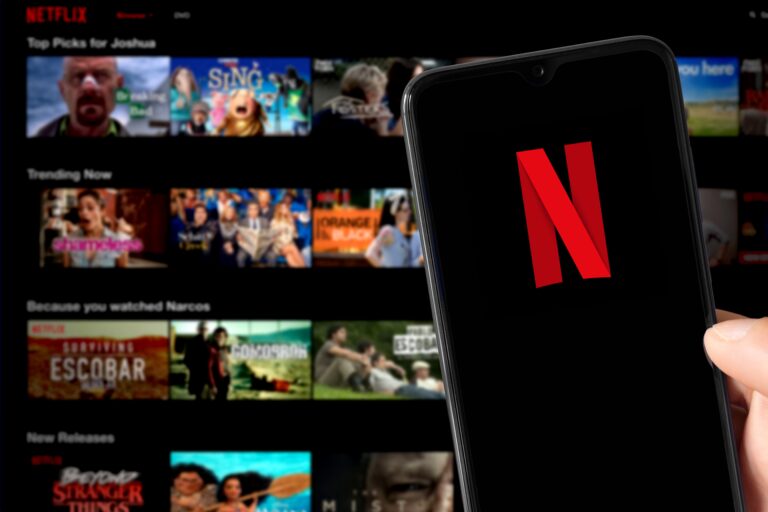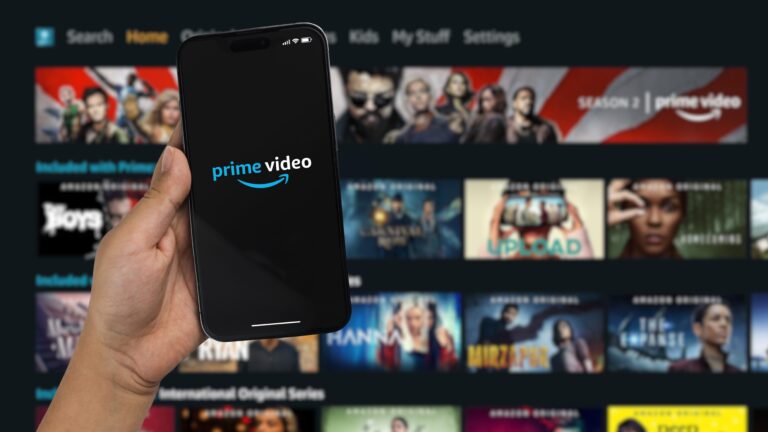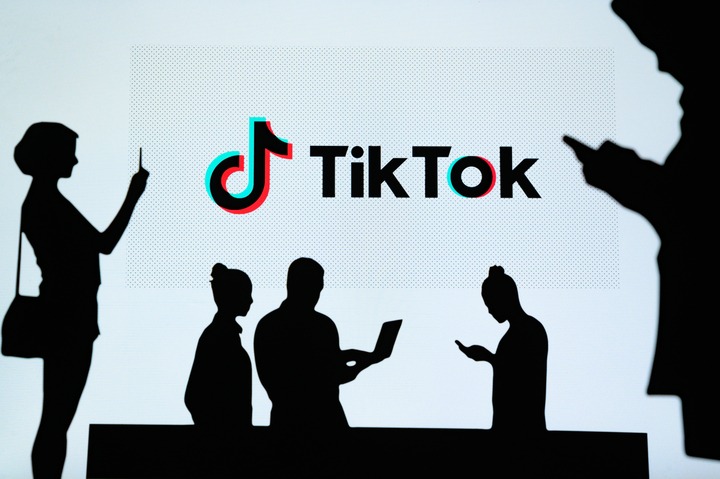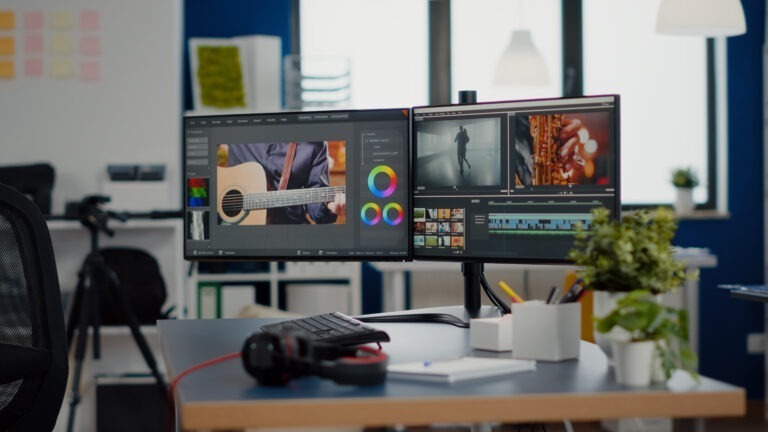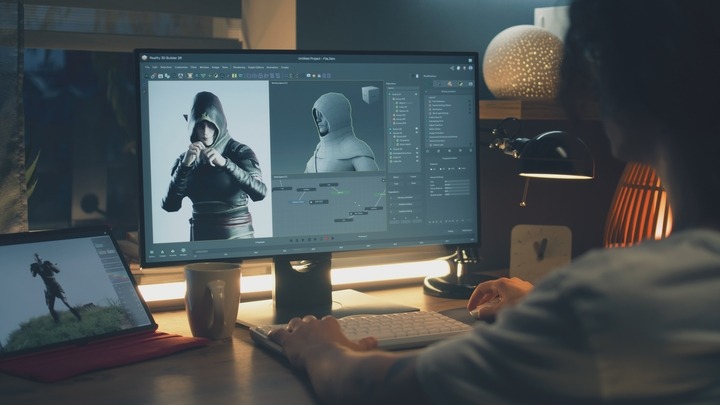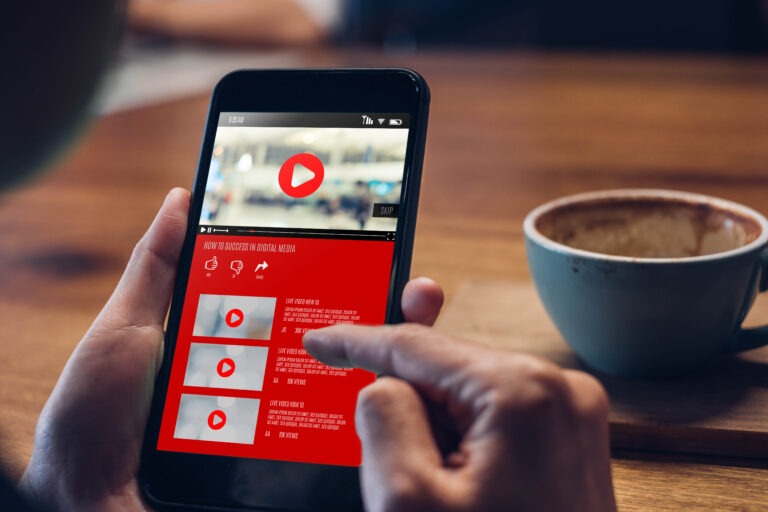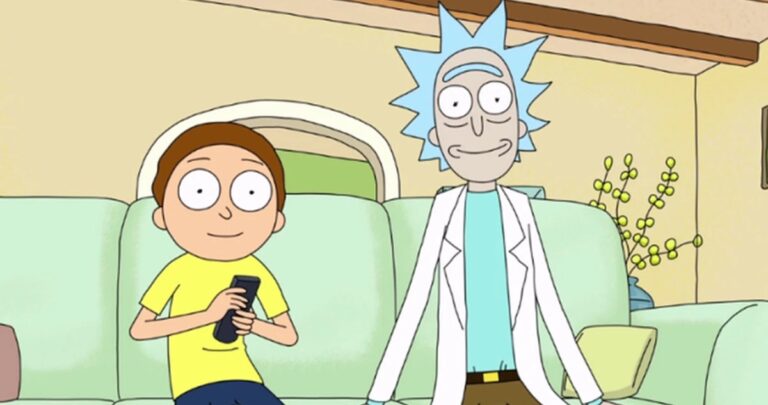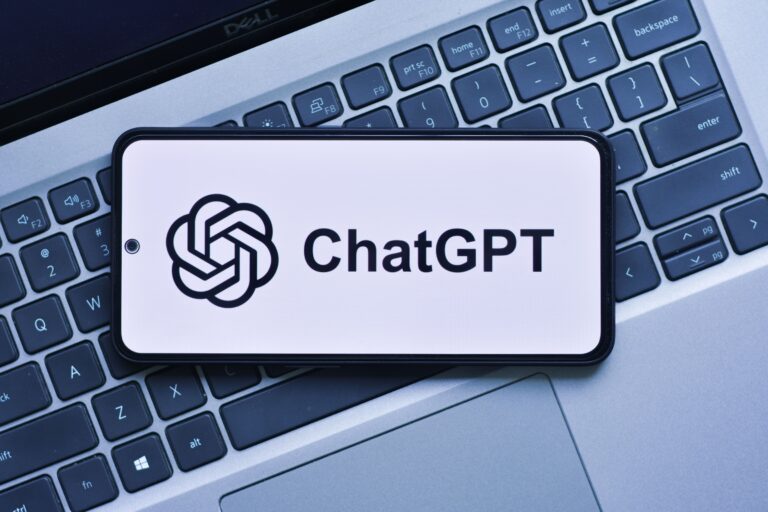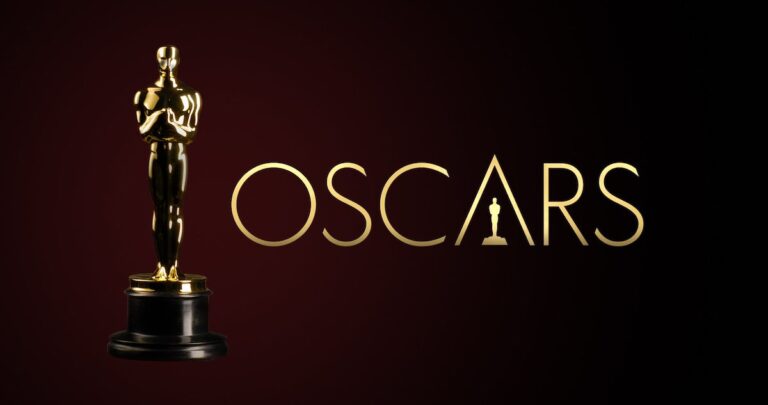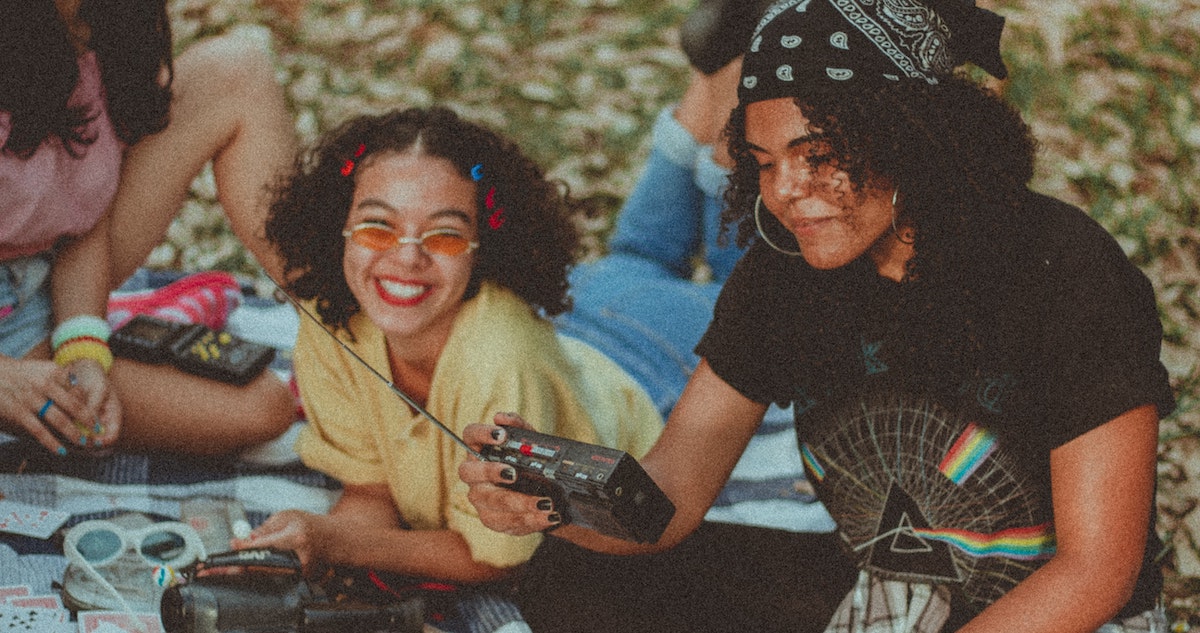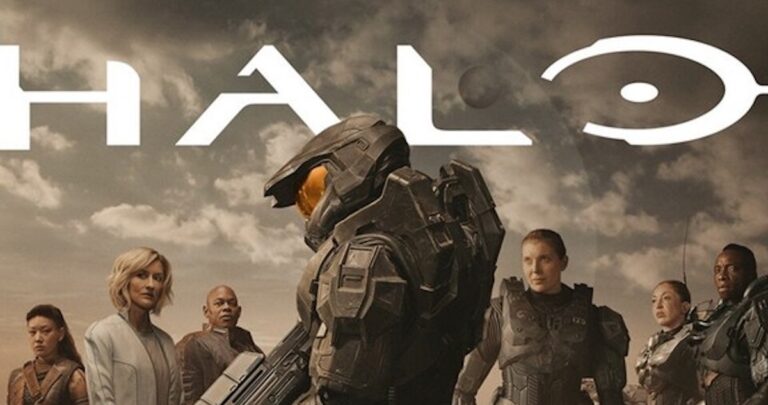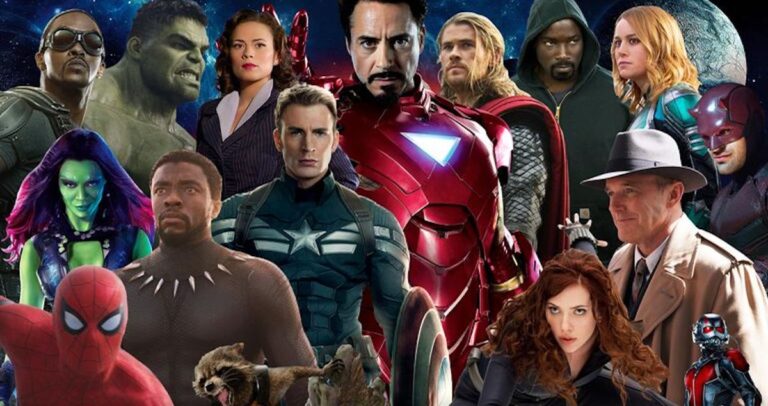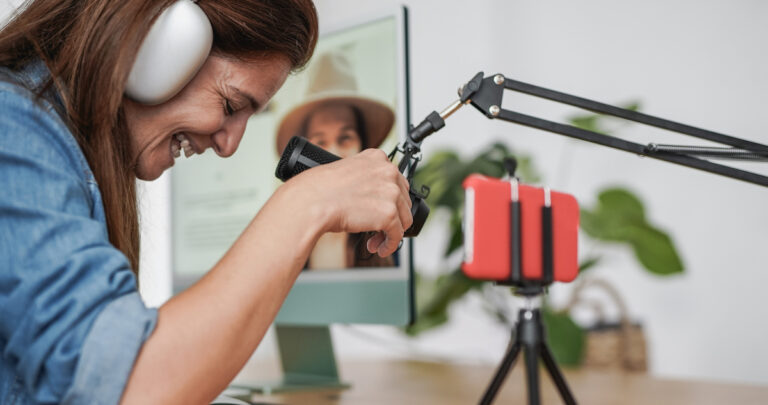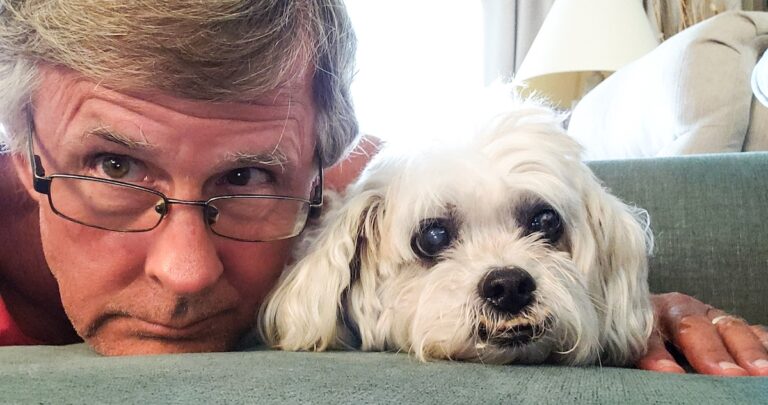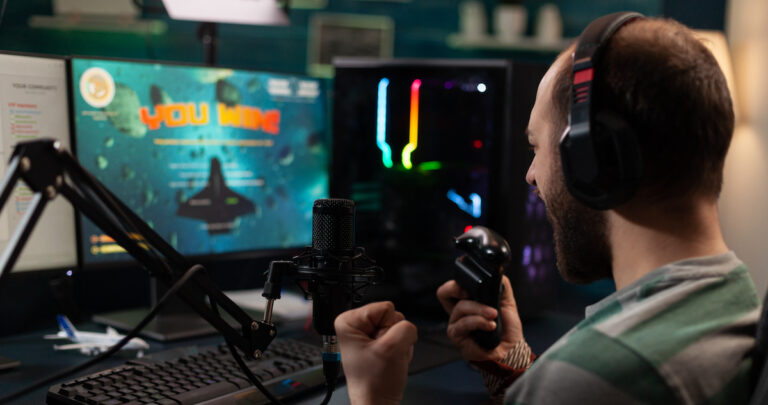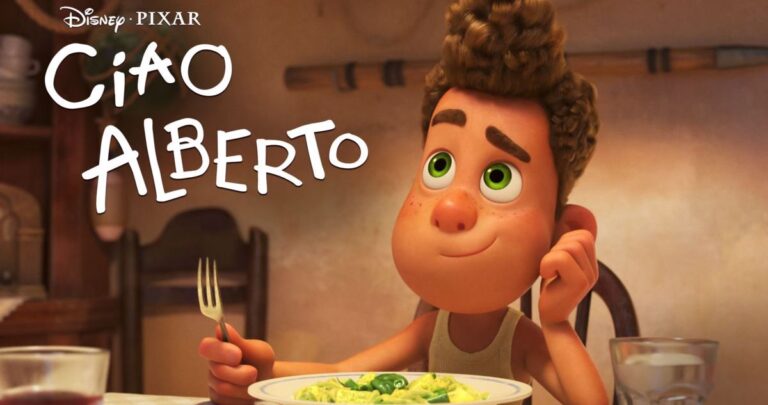Based in Tacoma WA, Nathan Aune’s home-based video production company TrinitiMedia regularly collaborates with creative freelancers as well as voice-actors from around the world. While going global with clinical trials, he deals with languages that range from Czech to Zulu. Since 2005, his company has carved quite a niche for itself serving the patient recruitment and clinical trials industry. For him, doing business is about being transparent, respecting rules, working hard, learning from his mistakes, and avoiding the analysis paralysis caused by an obsession with minutiae…

His love for creative expression showed itself at a very young age, Nathan Aune reveals. Drawing and singing were both irrepressible passions. After completing his college education, he naturally gravitated towards the visual arts and video production in particular. In 2005, YouTube was well on its way to global domination, and its daily smorgasbord of the absurd to the extraordinary served as no small source of inspiration.
Small beginnings
As anyone in the industry will tell you, however, there’s no quick-and-easy way into the biz — at least, not if your goal is to make a living. Almost inevitably, Nathan started out by dishing up the usual fare of low-key corporate or fundraiser videos.
It was a conversation with his wife Cailyn one evening that was to change all that. Bemoaning the cost and the quality of a commercial an ad agency made for the pharmaceutical company she worked for, Nathan replied: “I’ve never made a commercial before, but I know I could give you much better quality at half the price.”
She looked at him and blinked. “So do it,” she said. “Show me.”
Using graphics, images, and a whole lump of imagination, Nathan rose to the occasion and 14 years later, Triniti Media has established itself in the industry. The company has produced work for 761 studies and delivered over 20,000 TV spots since 2005.
Cost effective
“Our cost-effective advertising solutions have allowed contract research organizations, pharmaceutical companies, research sites, and research physicians fulfill their patient recruitment goals,” he enthuses. “We aim to provide attractive and innovative advertising pieces that capture the target audience’s attention and, above all, create the required response without breaking the bank. Our services suit the budget-conscious recruiter and provide wide exposure to potential participants.”
Given budgetary as well as deadline constraints, there’s little live camera-work, but the goal is always to produce innovative and highly-attractive attention-grabbing media.
“We bring artistic creativity as well as a technical understanding of the industry to the table and bundle that with superior customer service. Our mantra is always under-promise and over-deliver.”
It wasn’t easy; success rarely is.
“It takes years to build a sustainable business, so patience is a virtue — just like hard work. It’s also a constant growth experience; you learn things on one side of the business and carry those learnings over to another side.”
Nathan pauses for a moment, thinking. “Meeting with clients, contracts, negotiations, licensing — you have to learn how to deal with a whole lot of different kinds of people. One has to understand we work with strict timelines in this industry.
“There are so many parties at play in the chain of command that I often don’t hear about a commercial until two or three days before delivery. There’s just no way I can hire actors and a film crew. But it all depends on how you put your product together and my main client is pretty happy with the way we do things.”
Tough environment

The clinical trial environment is very precise. It’s tightly regulated. There are review entities that scrutinize everything and the end-clients are frequently massive multi-billion dollar conglomerates. There’s a great deal at stake.
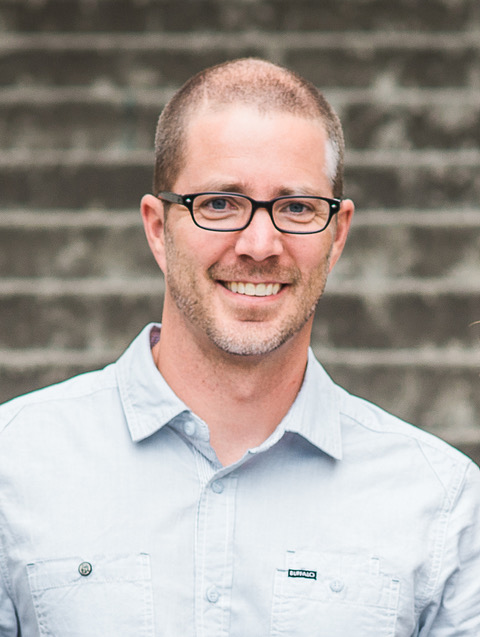
“We like to keep things very much above board,” says Nathan. “I know there are production folks I’ve dealt with who like to try and cut corners, especially with legal aspects such as licensing and stock music or video. They use those assets outside the permitted licensing parameters, but I think that’s looking for trouble in the long run. I’m dealing with the kinds of clients who could sue me if I step out of line. They could whisk away everything I have. The stakes are just that much higher for me.”
Mistakes are par-for-the-course
“Naturally, there are occasional snafus. We had a major one where, for a schizophrenia commercial, I used a rights-managed image of a woman that I mistakenly thought was a royalty-free image. By chance, her husband saw the commercial and freaked out. He took exception to the way we portrayed his wife onscreen, and started raising a ruckus. He called the TV station, called the stock image company and in the end, I had to pay a $10 000 fine for having used the image inappropriately.
“I took the hit because, even though I’m working on behalf of my client, it was my mistake and I had to take responsibility for it. Fortunately, that incident happened quite early on so from then on, I was considerably more careful; I would check, double-check and triple-check. In fact, my business and our QC processes are much better. It’s just better to be transparent, upfront, and play by the rules, I feel. Rules are there for a reason.”
There were a couple of rather embarrassing slip-ups too, Nathan remembers. Once he sent out a commercial with the wrong phone number. When people started calling in to present themselves as prospective participants in the forthcoming clinical trial, they got through to a phone-sex company. The TV station was inundated with calls from deeply disgruntled callers — and of all places, it had to happen in New York City.
“Yeah: you learn your lessons,” Nathan reminisces, smiling and rolling his eyes. “At least the stories become a chuckle a couple of years down the road.”
A lesson learned is knowledge gained.
Had he known all those years ago what he knows now, there are things he would have done differently, he affirms. While he believes he has sufficient creative vision to do his job and has always known what he wants to do with any particular campaign or project he gets involved in, he’s always struggled with having enough time or enough expertise to reach the point where reality meets that vision. He made the mistake of placing the burden of getting to that point solely and squarely on his own shoulders, thinking that he should not only lead the effort but make it happen himself.
“I’d say I’ve undergone something of a transformation over the last couple of years. I’ve realized I don’t have to be the person who makes everything happen from start to finish. I need to find people who can help me because if it’s their talent and their skill, they’ll be able to make that something happen much faster than I can. I just put all the pieces together at the end. I’ve become much more collaborative. Collaborating with talented professionals results in a much better final product. What’s interesting is that I rarely get to speak to these people; most communication is via email. I can’t recall ever having spoken to one of my foreign voice actors. So far, it hasn’t been necessary.”
Navigating the challenges
Nathan readily acknowledges, however, that working with foreign voice actors so regularly does have its challenges.
“Given our tight deadlines, you have to have a lot of faith,” he laughs. “There are so many unknowns. Voice123 has always been my go-to platform for my clinical trial projects; there are so many things I like about it. I like being able to connect with the actors directly and subsequently connecting with them outside of Voice123. Payment is both simple and straightforward.
“My usual modus operandi is to post a project and ask for auditions. Then I wait for them to come in. But on a scramble — which is what happens most of the time and especially when I’m working on an international project — rather than create a post, I use Voice123’s search function. I hunt down the actors who speak the language I’m looking for — preferably, native speakers from that country. I just message them directly.
“On average, I’ll contact ten different actors (if there are that many), knowing that some won’t respond and some won’t be able to deliver the standard of recording I need. I also have to keep in mind that some actors will refuse to accept the rates I can offer. Time zones are a nightmare; nothing interrupts workflow quite as much as having to communicate across time zones.”
While people are much the same, they’re different.
Linguistic differences and mannerisms can impact the recording process as well, Nathan explains.
“Little things like the way phone numbers are read, for example. My main client wants numbers read a certain way; like each digit individually: eight-eight-eight, not triple-eight. An actor in South Africa, who recorded a script for me in Afrikaans, insisted on reading the numbers as triple-eight. ‘That’s how it’s done here,’ he told me — and it’s the only way he’d be able to complete the read in 30 seconds. Then there are things like saying ‘oh’ instead of ‘zero’ or ‘zed’ instead of ‘zee’.”
What’s more, the translated scripts themselves can be a headache. They’re always written in English originally and then translated by a professional translation company. As a result of the level of regulation involved, the copy is subsequently set in stone — not even a word can be changed without the script having to go through the entire review and approval process again. Trouble is, the English script is usually precisely timed to fit into a specified radio or television advertising time-slot. More often than not, in the translated script, there are a greater number of words and it’s impossible to read that many words in the same amount of time.
Lost in translation
“The worst,” Nathan adds, “is working in a foreign language that has very limited reach beyond the borders of the country. In these instances, you really have to trust the voice-actor. In South Africa, I needed scripts read in Zulu and Sesotho and Voice123 couldn’t help me there. I had to make use of another platform to find actors who claimed they could speak and record in those languages. Despite their claims, they couldn’t speak the languages natively and the results were a train wreck. One has to be so, so careful!”
Despite the frustrations, the work Triniti Media does is both a source of pride and satisfaction.
“When I started out, I never expected to be working with people in Denmark, England, Spain, the Netherlands, Belgium, Germany, Poland, the Czech Republic, Malaysia, Taiwan, Brazil, South Africa, Australia — I mean, that’s right around the globe and all told, we’ve resourced more than 30 different languages.”
Transparency and honesty rules
Nathan admits he’s lucky not to have run into any contractual issues with voice-actors over the years.
“That said, I’m downright honest from the beginning. Our timelines are what they are and the budget is what it is. I fully understand when an actor tells me what his or her fee is but equally, I need that actor to understand where I’m coming from. If they’re not prepared to work with us, that’s fine; I’m perfectly okay with that. I once had an actor tell me — here in the US — that her fee was $2500-00 just for a local market TV VO. I told her that figure was my entire commercial production budget.
“We’re just not at a level where we can pay top-dollar. If an actor isn’t prepared to step down to our level for the job, there’s nothing we can do about it. We can’t talk anything other than full-usage and full-buyout because, at the time of the recording, the pharmaceutical company rarely knows how many research facilities or research sites are going to be involved and across which parts of the country the trial is going to be conducted.
“Our industry is so fluid; things change all the time. So it isn’t that I’m trying to low-ball voice-actors; on the contrary. There are just different levels that subscribe to different functionalities and payment tiers. If we find that a voice-actor isn’t a good fit for us, we go our separate ways and no hard feelings.”
He never stops honing his craft and he’s truly grateful for it, says Nathan.
Collaboration and reachable goals
“I’m incredibly hands-on. At Triniti Media, we all work hard to make a success of what we do. It’s so important to have goals that are tangible, measurable, and reachable. I feel this company is achieving what we were hoping it would. I see us expanding into other areas in due course and I find that idea exciting as well as invigorating.
“The company has also been good for me because, as a perfectionist, it’s taught me that you don’t have to hit A+ all the time; sometimes a B+ is good enough as long as you meet your client’s needs and deadlines. I will apply what I learn to the next project and get closer to my A+ goal within the same timeframe. I think it’s better to complete ten projects and learn lessons from each one rather than getting stuck on two because I’m caught up in minutiae and not gaining the valuable experience that would benefit me going forward.
“Triniti Media and going global with clinical trials has also taught me that instead of trying to go it alone, one should collaborate. Collaboration is so enriching! I’ve learned so many things from the people I collaborate with. It makes the world a wonderfully interconnected place. Sure, someday I’d like to stand back and work on my business rather than in my business, but right now, I feel I’m on something of a joyride.”


